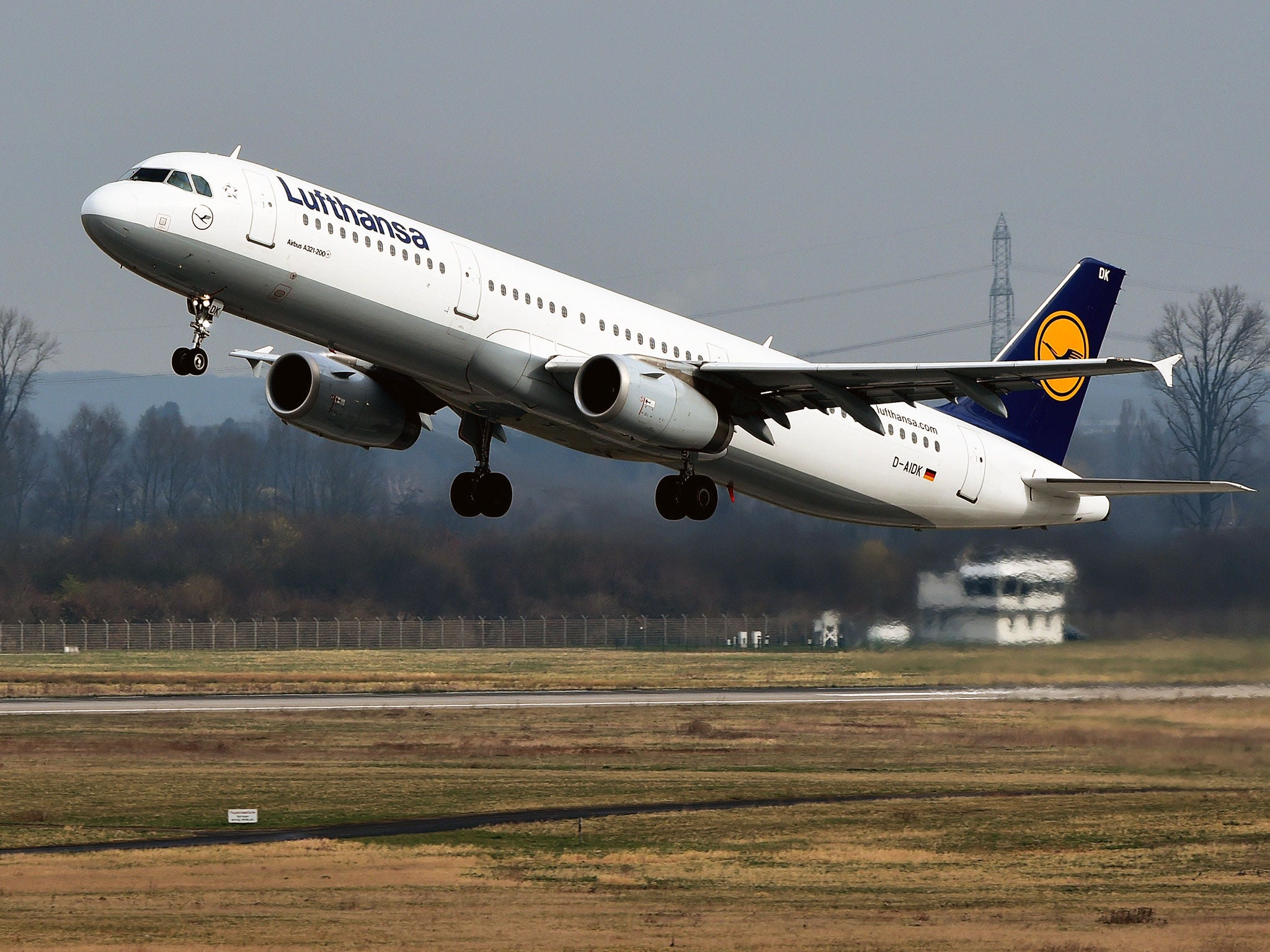Lufthansa Germanwings plane crash: 4 ways to improve security in the cockpit – and their risks
The Independent has been canvassing opinions from pilots and aviation security experts about how to prevent a repeat of flight 9525

As the world mourns the victims of Germanwings flight 9525, the aviation community is urgently discussing how best to avoid a future suicide/mass murder involving a civil aircraft.
Since the French authorities revealed that the co-pilot, Andreas Lubitz, had locked out his captain and put the Airbus A320 into a fatal descent, The Independent has been canvassing opinions from pilots and aviation security experts about how to prevent a repeat of flight 9525. These are some of the options, together with the benefits and risks.
Minimum two-person cockpit
Many airlines already employed this policy. If either pilot needs to visit the toilet, or simply wants to stretch his or her legs, they are replaced on the flight deck by the senior cabin-crew member.
Benefit: a single pilot is never left alone at the controls.
Risks: it may not stop a pilot committed to downing the plane. A member of cabin crew may not be aware of a pilot setting the autopilot for a fatal descent, nor of how the door can be opened in an emergency. And a strong pilot might be able to overpower the flight attendant.
Ground control of flight-door access
Risks: such a system could conceivably be exploited by terrorists to gain access to the flight deck, for example by hacking into the signalling system.
Open cockpit door
“The reason the 9/11 hijackings worked, and the terrorists could seize control of the aircraft and crash them into buildings, was because no-one had conceived of the strategy before,” said one aviation source. “Now we all know, it could never happen again - passengers would intervene.”
Benefit: pilot lock-out would become impossible.
Risks: terrorists who had shrewdly located themselves in seats close to the cockpit door would give little opportunity for intervention.
Urine bottles
“Piss bottles have been standard for years in light aircraft,” said a private pilot. “And of course in hospitals where they are clean and convenient. They should become compulsory in cockpits.”
Benefit: reducing or eliminating one reason for leaving the flight deck.
Risks: many pilots, including the increasing number of female flight crew, regard the concept as unacceptably invasive of their privacy.
Subscribe to Independent Premium to bookmark this article
Want to bookmark your favourite articles and stories to read or reference later? Start your Independent Premium subscription today.

Join our commenting forum
Join thought-provoking conversations, follow other Independent readers and see their replies